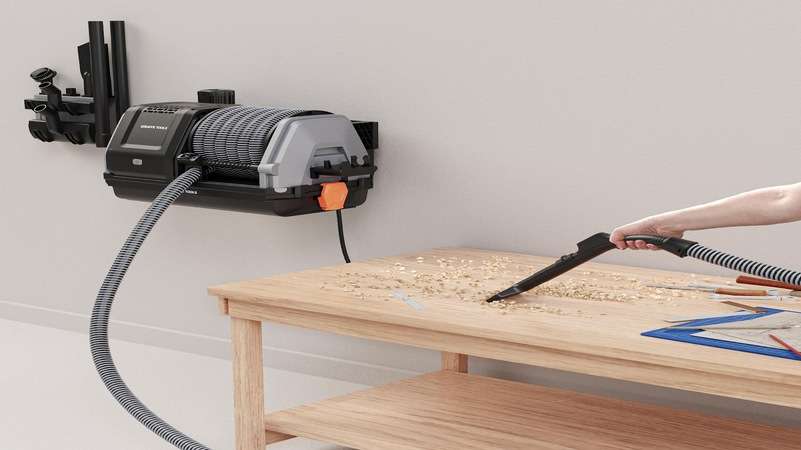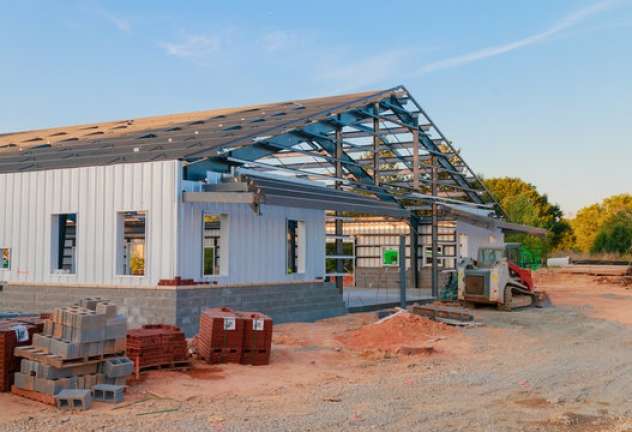Not all cranes are created equal. When you need to lift something heavy, consider the location, surface, weight, and more to help determine the type of crane you’ll need.
From specialty cranes that can access objects over water to fixed construction crane options, there are many ways to get the lifting done. Take a look at these different types of industrial cranes to understand more about what each one is for.
Types of Overhead Cranes
An overhead crane is a large piece of machinery traversing the ceiling of a warehouse or large room. It’s one of the most common types of cranes.
These are supported by trucks on each end. They usually have a hook or other hardware that enables them to raise, lower, and move heavy objects and equipment.
Overhead cranes, or bridge cranes, help you move large volumes of material. This is often freight that arrives by truck or rail, and it would take much longer to move using traditional methods. It also means workers don’t have to spend as much time handling potentially hazardous materials.
Overhead cranes come in different types, including single girder and double girder cranes. If you’re asking which is better, it depends on how heavy the items are that you’ll be moving. For more than 20 tons at a time, you’ll need a double girder.
Different Types of Cranes: Construction
Cranes can also be mounted on a vehicle for ease of movement. Cranes for large-scale projects aren’t helpful if they are only able to work in one spot, so it’s key that they can move around the site.
This can be mounted on a truck with wheels. Such a vehicle will have outriggers to help stabilize the truck when the crane is in motion to avoid tipping.
Mobile cranes can also be mounted on a crawler, or vehicle with caterpillar tracks. They are sometimes called crawler cranes, and they can move on the pavement as well as dirt.
Tower cranes are often the most visible types of construction cranes. You can see them from far away because they are so tall. These are used on a construction project, too, but they aren’t designed to move throughout the project.
Instead, tower cranes are fixed to the ground with large bolts. They can be easily removed when the project is complete, but in the meantime they remain in one place throughout the building process.
Tower cranes stand very tall, up to 250+ feet in the air. They can lift up to 20 tons at a time.
Types of Alternative Cranes
Not all cranes come in recognizable shapes and sizes. Other types of transportation and projects need help with lifting, too. Railroad cranes help install new tracks and conduct maintenance along rail lines, only possible because of their train wheels.
Aerial cranes are mounted on helicopters. Also called sky cranes, they lift and carry heavy items in hard-to-reach places, like in the mountains or over water.
The Right Machine
These different types of cranes all help perform specific tasks. When you’re moving heavy objects, using the best tool for the job can make your project faster and more efficient.
Did you find this information helpful? Check out more articles like it when you visit the rest of our website.
Read Also: How to Inspect Your Machine’s Undercarriage
















